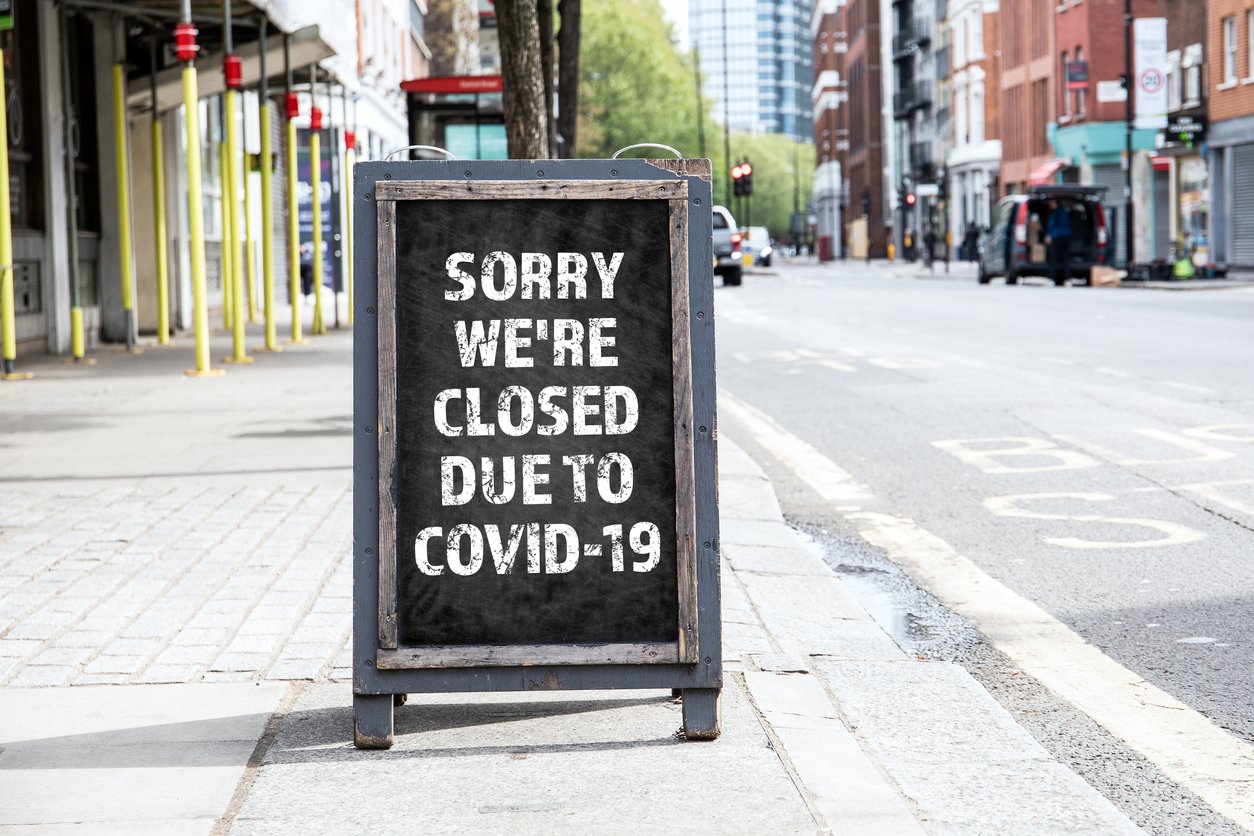When a business must shut down operations following a major disaster or economic suffering, such as COVID-19, the revenue loss is enough to potentially close doors for good. Business interruption insurance (BI) is an essential component and helpful policy that most try to enact.
But in these times in which every industry has been impacted in one way or another by the pandemic, insurance carriers are trying to find out where they stand with their clients in providing coverage. In fact, judges are still deciding how COVID-19 affects business interruption insurance.
However, even without this unique issue we are all facing, having business interruption insurance is a must for companies that want to protect their ongoing operations. But what is all included in this coverage? For a better look at business interruption insurance, read below.
What’s in a Business Interruption Clause?
Many business interruption insurance providers include BI either as coverage within a property insurance policy or add it as an endorsement. A business interruption clause or endorsement protects the insured for losses of business income it sustains because of direct physical loss, damage, or destruction to insured property by a covered peril.
Although the components of individual policies and endorsements may alter slightly, many use relatively consistent language to describe business interruption coverage. Here are some basic components included in a business interruption policy:
- Actual Loss Sustained: Business interruption coverage protects against an actual loss sustained by an insured because of direct physical loss of the insured’s property by a peril not otherwise excluded from a BI policy. The insurer is only obligated to pay if the insured sustains an interruption of business leading to income loss. This loss is subject to the policy limit or sub-limit that applies to the specific location where the loss takes place.
- Service Interruption: If included within a business interruption policy, a service interruption extension usually provides business income coverage arising from direct physical loss, damage, or destruction to steam, gas, electrical, water, sewer, telephone, or any other type of utility service’s transmission lines. The owners, managers, or operators of such utilities or services are not named insureds under a BI policy.
- Business Income: Typically, a BI provider is responsible for the reduction in net income that results from the suspension of operations due to a physical loss at an insured’s premises. Generally speaking, insurers consider business income to include net income and normal operating expenses incurred, such as payroll.
- Contingent Business Interruption: A CBI extension covers an insured’s business income loss resulting from physical loss, damage, or destruction of property owned by other parties. These usually include direct suppliers of goods to an insured and direct receiver of goods and services manufactured or provided by the insured.
The physical damage to these suppliers usually must be of a kind that is covered by the insured's BI policy had the damaged happened to its property. A CBI extension usually provides coverage for the direct relationship between supplies and receivers of an insured party. Coverage can also extend for suppliers of a direct supplier. Such coverage might require that indirect suppliers are specifically identified.
About Axis Insurance
At Axis Insurance Services, we aim to help our customers identify their exposures and protect themselves. Founded in 1999, we offer insurance programs to a wide variety of professionals and industries including attorneys, real estate, healthcare, architects, and more, and also have a wholesale division. We pride ourselves on offering flexible insurance coverage tailored specifically to each customer’s needs. To learn more about our solutions, contact us at (877) 787-5258 to speak with one of our professionals.


